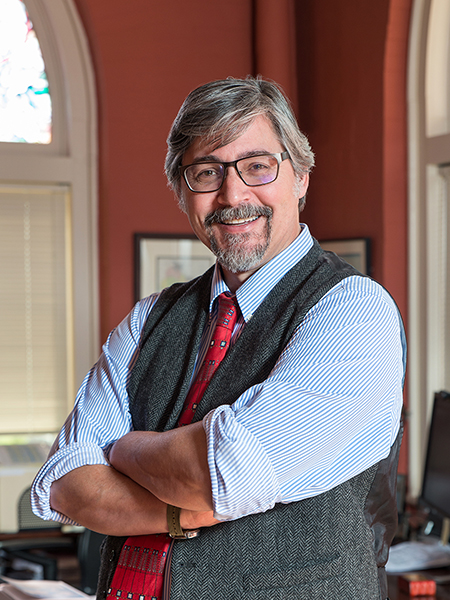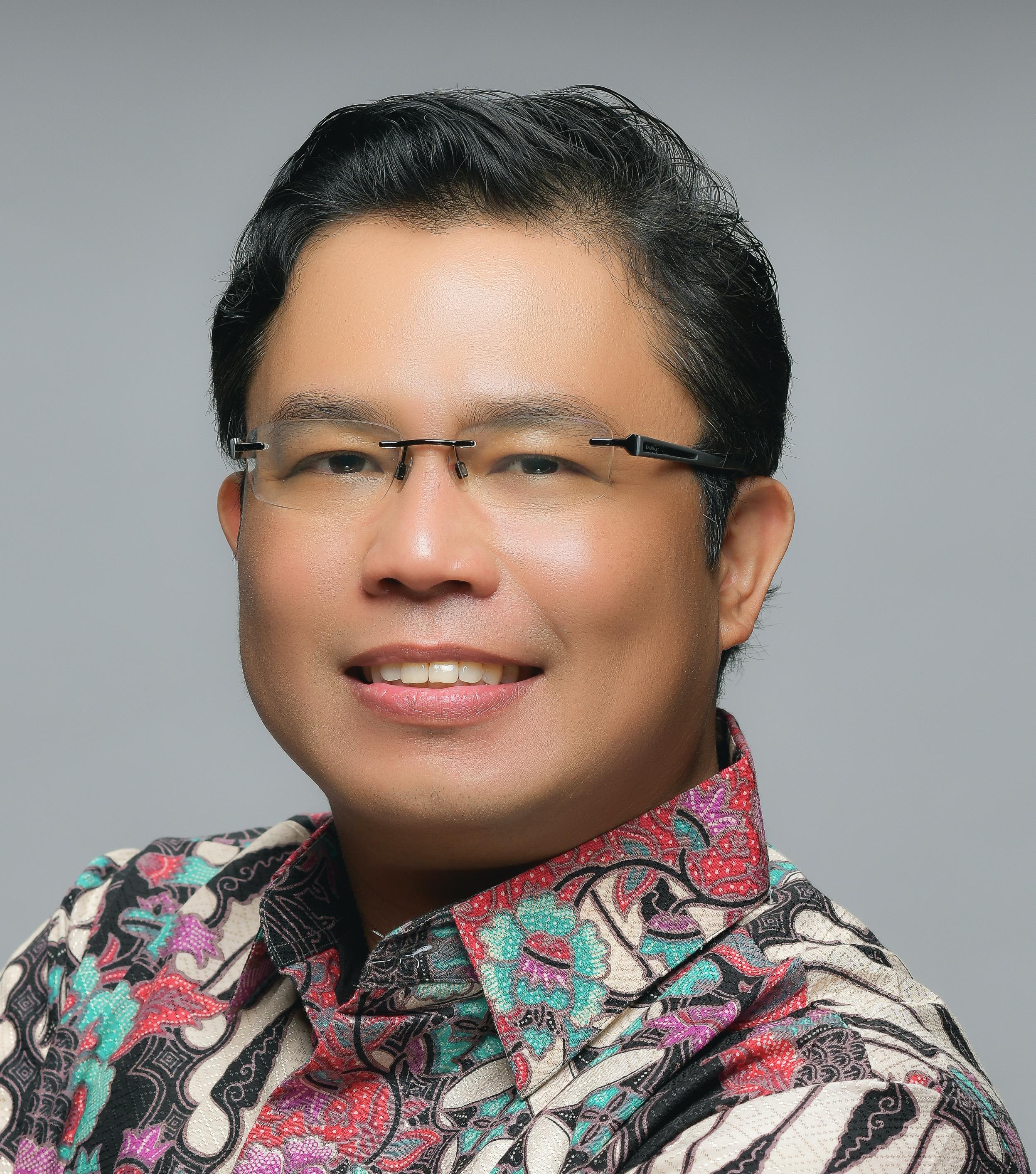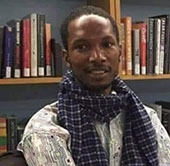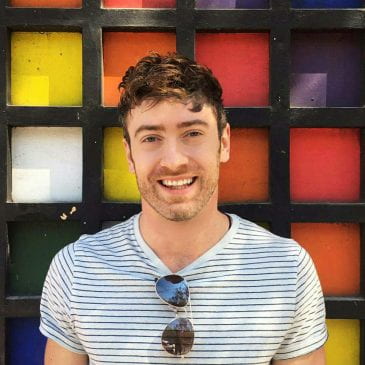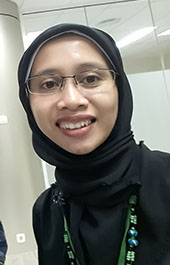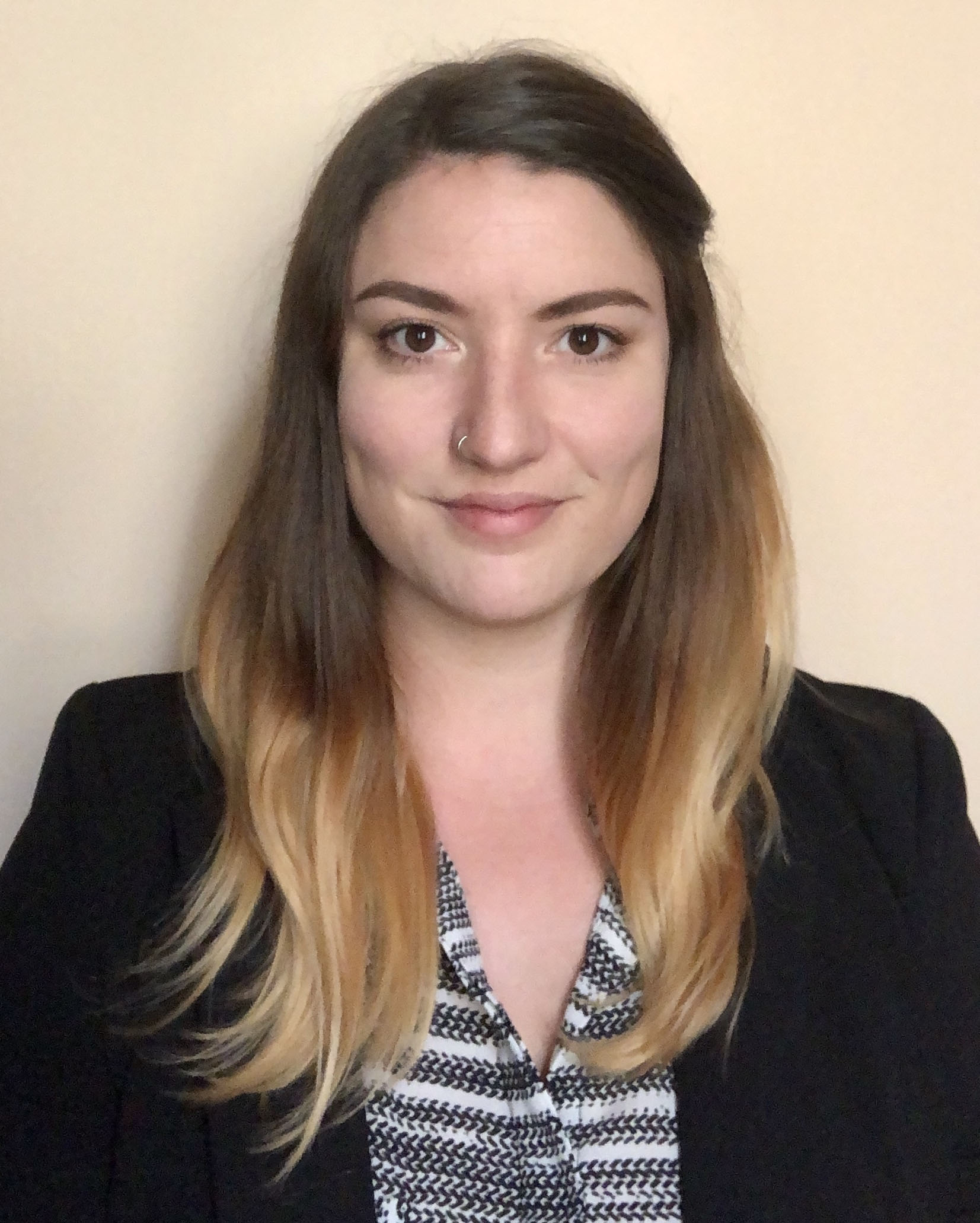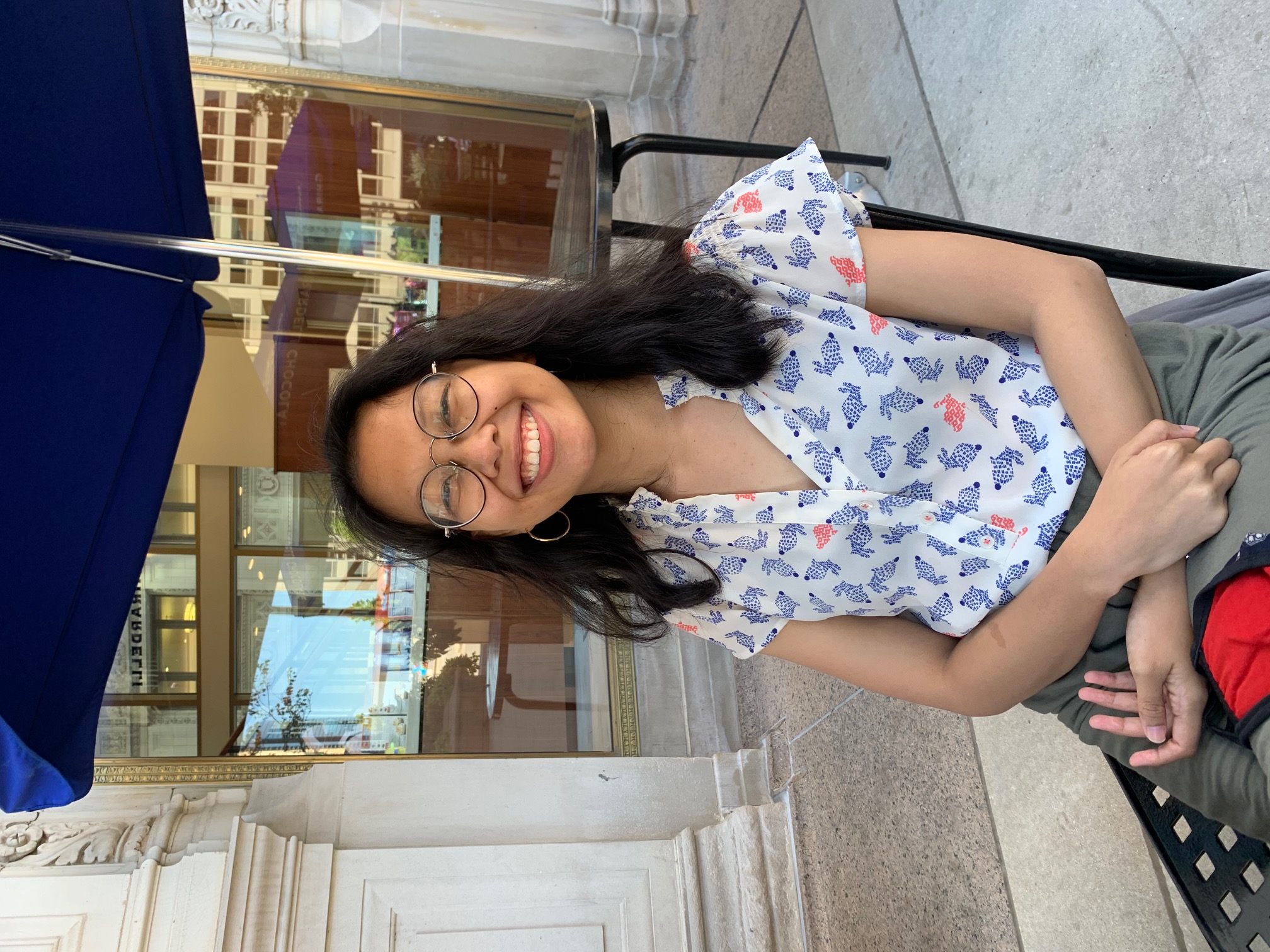- Home
- EDGS 2020-21 Graduate Lecture Series on Political Ecology
EDGS 2020-21 Graduate Lecture Series on Political Ecology
Paul Robbins
Dean of the Nelson Institute for Environmental Studies at the University of Wisconsin-Madison
May 26, 2021
The Political Ecology of Native Presence, American Psyche, and John Muir
The great naturalist and environmental advocate John Muir is well-known for his silence around the question of native peoples, even and especially those who were violently removed from the lands in and around the places he most revered. Yet his 1913 book, “The Story of My Boyhood and Youth,” is notable for its saturation with descriptions of native people and activity in the places around which the Muir family settled in Wisconsin in the 1840s, a little more than a decade after the violent conclusion of the Blackhawk War. Combining a close reading of the text with a psychoanalytic interpretation of this remarkable reversal reveals Muir’s repression of native memories, which parallel the larger American erasure that accompanied that era’s genocide. A Lacanian analysis, moreover, suggests that such repression is necessarily never complete, and tends to erupt in the form of repetitive compulsion, announcing itself repeatedly through the activities of conservation and the founding of the national parks system. Meaningful steps towards redressing historical inequity and violence, while advancing a more just model of conservation, require acknowledgment of this repression in Muir’s psyche and our own as settlers. This holds further implications for the role of the unconscious in political ecology more generally.
Paul Robbins is the dean of the Nelson Institute for Environmental Studies at the University of Wisconsin-Madison, USA, where he guides the institute in serving as a world leader in addressing rapid global environmental change. With writing focused on diverse interdisciplinary audiences and the broader public, he is author of the award-winning book Lawn People: How Grasses, Weeds, and Chemicals Make Us Who We Are (2007), widely recognized as one of the most accessible books on the environmental politics of daily life.
Anto Mohsin
Assistant Professor in Residence, Liberal Arts Program, NU-Qatar
April 14, 2021
Coping With Indonesia's Mudflow Disaster
An ongoing mudflow catastrophe in Sidoarjo, Indonesia has submerged a vast area and displaced many villagers. This talk discusses the coping mechanisms that many of the internally displaced persons and indirectly affected victims used to deal with their deteriorating situations. Some of the strategies they employed include creating a sense of normalcy in a refugee settlement, using language to counter the dominant narrative of the disaster, forming victim groups to demand fair compensations, commemorating the disaster annually to enroll allies to their cause, and writing their stories to fight a collective memory loss. In many of these activities they were helped by groups of volunteers. One of them was the Kanai Newsroom, which was a media advocacy team setup to provide information for and train some victims to write, broadcast, and publish their stories online and in print. Voicing their conditions allowed these victims to create meanings out of their predicaments and put up a resilient response to the seemingly unending disaster.
Chernoh Bah
PhD Student, History, Northwestern University
March 24, 2021
Resolving an Empire Problem: Public Health, Convict Labor, and the Revenue Crisis in Colonial Sierra Leone, 1914-1944
This presentation explores how prison labor became central to different kinds of medical and agricultural projects in Sierra Leone in the years between the First and Second World Wars. In early 1914, colonial authorities introduced a new prison ordinance in Sierra Leone as part of a range of legislative and administrative reforms undertaken just as fighting commenced in the Great War. An important feature of the 1914 ordinance was that it introduced the “prison grading system,” a classification regime that grouped prisoners into units according to their skillsets and ability to do different kinds of labor. A precedent setting law for the British empire, the ordinance and “grading system” transformed Sierra Leone’s prisons from an ad hoc approach meant to “morally shame and uplift” so-called criminals into an organized and expanded network of convict labor designed to support the colonial government.
This presentation examines how officials of the Alfred Jones Research Laboratory – Sierra Leone’s first tropical medical research laboratory – came to conceive of "hard labor" as constitutive of good health for prisoners and what consequences this had for colonial development projects. It explores the ways tropical medical research served to accelerate and rationalize the use of convict labor in the service of colonial finance and development.
Joseph Klein
PhD Candidate, Dept. of Anthropology, University of California, Santa Cruz
February 17, 2021
No Limits: Compressor Diving on Indonesia's Coral Frontier
Just beyond the shores of Kendari, the provincial capital of Southeast Sulawesi, Indonesia, lies a vast network of coral reefs which for decades have supplied beautiful and increasingly rare live corals for the saltwater aquariums of the global elite. To access coral and other marine products, fisherfolk in the late 20th century began putting truck tire compressors on their boats, breathing the unfiltered air through hundred-meter lengths of garden hose as an alternative to expensive SCUBA equipment or traditional breath-hold diving. The diving compressor revolutionized the marine product economy, including the collection of live coral, and fundamentally transformed what was possible for the human body at sea.
This paper considers the embodied experiences of compressor divers who plumb the reefs around Kendari. Diving for coral, like lobster, pearls, live fish, and other luxury marine products, once offered a lifestyle of relative affluence sustained by the windfalls of cash that followed a lucky day on the water. But as the sea has been slowly emptied of life, divers are forced to search longer and dive deeper just to stay afloat, and their communities struggle to negotiate new ways of living on the water. Based on extended ethnographic research with divers at sea and onshore, this paper examines how coral collectors and their communities navigate the shifting tides of fortune on the reefs of Southeast Sulawesi.
Dian Ekowati
WEGO-ITN early-stage researcher, University of Brighton, UK
January 20, 2021
Feminist Care as a Traveling Concept
In this presentation, Ekowati wants to discuss the traveling concept of feminist care. This discussion is an initial finding of her thesis research entitled "Crowding Out Care: The Gendered Discourse Analysis of Care and Family Farms in Indonesian Oil Palm". Her research is built on a feminist political ecology approach.
She builds her discussion on Said's traveling theory. She explores how the feminist's care concept travels trans-nationally between North and South, travel that involves language, spatial and ideology. Her findings emphasized Said's argument on how theory/concept travels, but only partially and not wholly – depending on the paradigm at the other end, in line with Said's notion on "acceptance" and resistance.
She bases her discussion on two reflections: First, the linguistic term of care when she compares the term in Western and Indonesian literature and its nuance. Secondly, she bases it on the embodied experience as a result of my positionality. Her positionality is that she is an Indonesian doing research as a United Kingdom-based PhD, a carer of two young children, and as an early-stage researcher in oil palm community research.
Kacey C. Grauer
PhD Candidate, Dept. of Anthropology, Northwestern University
December 9, 2020
(Meta)physical access to water: An ontologically-oriented political ecology at Aventura, Belize
Watch Kacey C. Grauer's talk here
Perdana P. Roswaldy
PhD Student, Dept. of Sociology, Northwestern University
November 18, 2020
Remaking Gender Without Flipping the Script: Socio-Ecological Limits of Undoing Gender in a Post-conflict Community
Watch Perdana P. Roswaldy's talk here
This project examines the limitations of undoing gender in a community that has been exacerbated by environmental shocks and changes. The author asks whether and how environmental shocks and the rearrangement of the ecosystem alter the gender structure and performance. She argues that environmental shocks readjust the community’s awareness of gender inequality, to reconfigure, subconsciously or not, their gender prescription to a certain degree. It operates not out of a vacuum and not solely because of the changed ecosystem, but through women’s undervalued labor central to the productive and reproductive economics that involves the environment.
Roswaldy's research took place in the indigenous Batak Toba villages of Pandumaan-Sipituhuta in North Sumatra, Indonesia. The people there recently won their customary right from a corporation that landgrabbed their forest and, consequently, destroyed their livelihoods. She obtained the data through ethnography, interviews, and labor time records to triangulate them with soil quality testing.
Keywords: gender, environment, labor, ethnography
Jayson Maurice Porter
PhD Candidate, Dept. of History, Northwestern University
October 28, 2020
Oilseeds and Slippery Slopes: Political Ecologies of Violence in Coastal Guerrero
Watch Jayson M. Porter's talk here (Part I)
Part II
Based on a new essay with a similar title, Porter argues that coconut development in coastal Guerrero from 1930 to 1970 was plagued by three forms of environmental insecurity--economic, social/spatial, and ecological--which in turn led to migration, insurgency, and drug cultivation by the 1970s in the region. Porter will also describe the environmental justice related to oilseed contamination among Afro-Indigenous populations in the region. Both arguments come from his recent essays:
Oilseeds and Slippery Slopes: https://www.noria-research.com/oilseeds-and-slippery-slopes/
Dying Lagoons: https://www.okayafrica.com/environmental-racism-in-mexican-lagoons/
